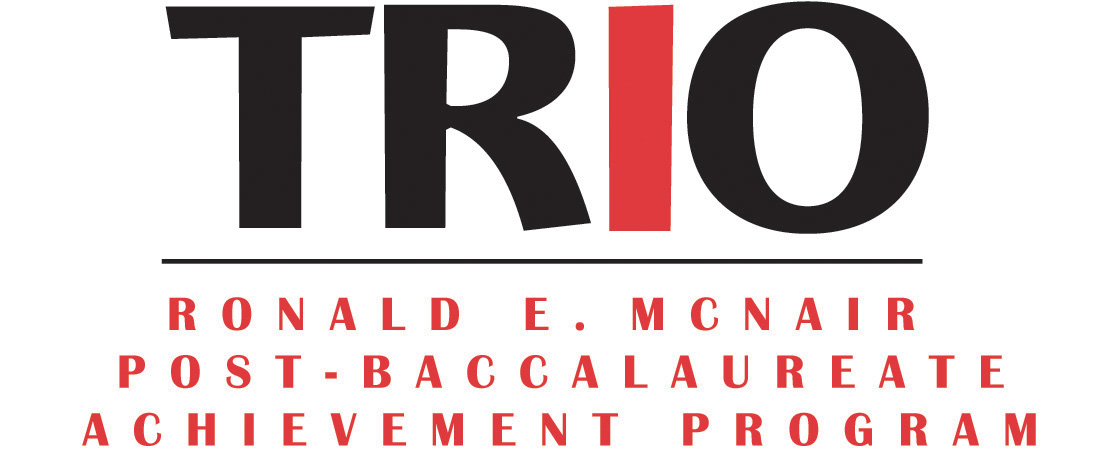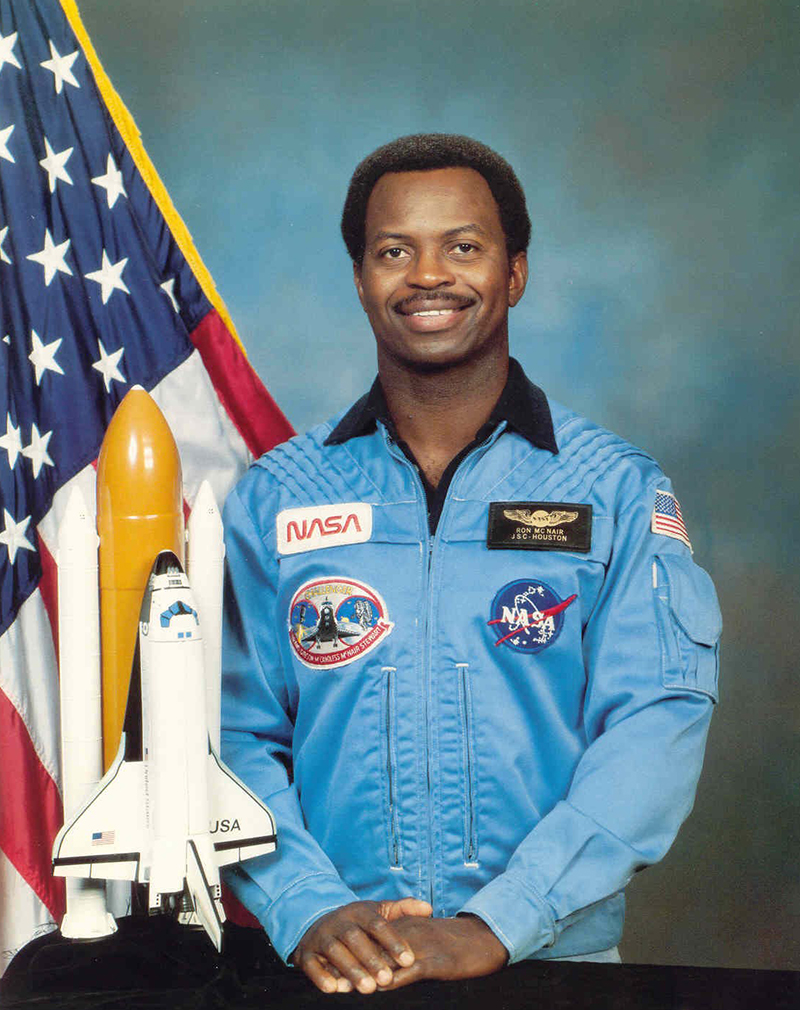WELCOME
On behalf of the UCLA McNair Research Scholars Program, the Academic Advancement Program in the Division of Undergraduate Education, and Graduate Division, welcome to the 2025 UCLA National McNair Conference. We are honored to host over 400 McNair Scholars, staff, and graduate school representatives from across the country representing over 40 institutions attending the Conference this year. It is our seventh year hosting the national conference.
Scholars, you will have the opportunity to present your research in sessions with fellow McNair scholars. We hope that you introduce yourself and network with the over 40 graduate school recruiters and sponsors in attendance. There are also graduate school preparation workshops on funding and writing strong statements of purpose. Most importantly, connect with fellow McNair scholars from all across the country over the three-day conference. Program directors and staff, we are honored by your presence and grateful you have chosen to join us at UCLA. We hope that you enjoy your stay and are able to connect with McNair colleagues from other institutions and exchange ideas while supporting all the scholars.
Conference sponsors, thank you for your contributions and hosting students at the networking breakfast. To the faculty, panelists, recruiters, and workshop presenters who make this conference experience memorable, we greatly appreciate your time and participation. Your presence and interest in these young scholars as they prepare for graduate school are invaluable. We hope that you can explore and chat with all of the recruiters. Please enjoy the conference, UCLA campus, and the city of Los Angeles!

MCNAIR RESEARCH SCHOLARS PROGRAM
Through a grant competition, funds are awarded to institutions of higher education to prepare eligible participants for doctoral studies through involvement in research and other scholarly activities. Participants are first-generation and low-income students and students historically underrepresented in graduate school who have demonstrated interest in and academic potential for doctoral programs. Institutions work closely with participants as they complete their undergraduate requirements. Institutions encourage participants to enroll in graduate programs and then track their progress through to the successful completion of advanced degrees. The goal is to increase the attainment of Ph.D. degrees by students from historically marginalized backgrounds.
All McNair projects must provide the following activities: opportunities for research or other scholarly activities; summer internships; seminars and other educational activities designed to prepare students for doctoral study; tutoring; academic counseling; and activities designed to assist students participating in the project in securing admission to and financial assistance for enrollment in graduate programs. McNair projects may also provide the following additional activities: education or counseling services designed to improve financial and economic literacy of students; mentoring programs involving faculty members at institutions of higher education or students, or any combination of such persons; and exposure to cultural events and academic programs not usually available to historically underrepresented students.
DR. RONALD E. MCNAIR
Dr. Ronald E. McNair was the second African American astronaut to join NASA. He was born to a family in racially segregated South Carolina and had an affinity for science and space early on in his childhood. He overcame many structural barriers to pursue his love of learning, major in Physics, and graduate magna cum laude from North Carolina A&T State University, Greensboro. Afterwards, he attended M.I.T. to attain his Ph.D. in Physics by the age of 26.
Dr. McNair was nationally recognized for his work in the field of laser physics. In addition, he received three honorary doctorates, a score of fellowships and commendations, a black belt in karate, and a reputation as an accomplished saxophonist. Dr. McNair flew his first mission as an astronaut in 1984 and was aboard the Challenger space shuttle that exploded on lift-off in January 1986. He died tragically at the age of 35.
The federal programs that carry his name seek to equip students with knowledge, courage, and an unshakable will to succeed. The program encourages first-generation, low-income, and historically underrepresented students to pursue post-baccalaureate studies specifically leading to doctoral degrees.

Dr. Ronald E. McNair
(1950 – 1986)
Ronald E. McNair Postbaccaluarette Achievement Program is a federal TRIO program funded by the U.S. Department of Education – Office of Postsecondary Education.
